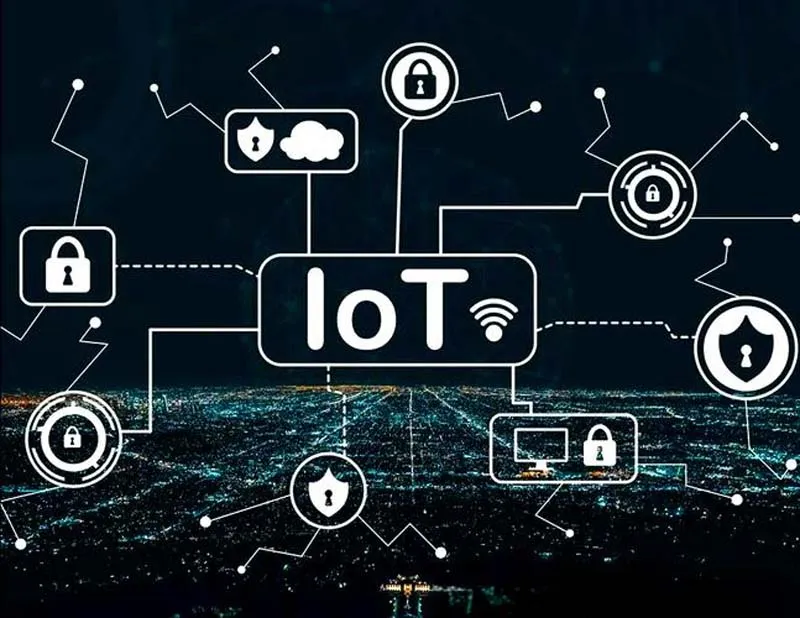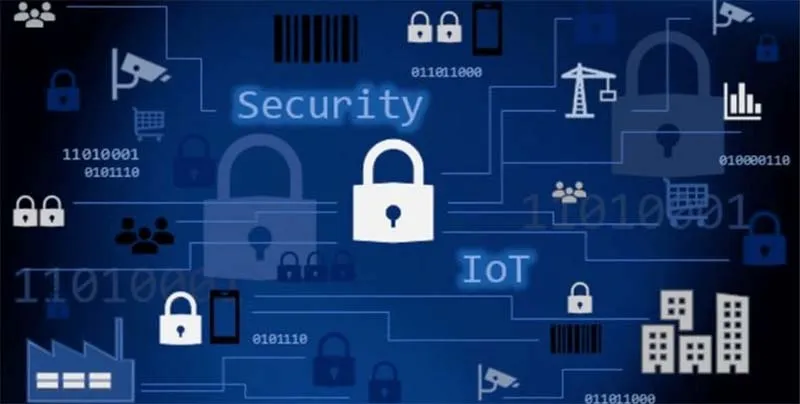In 2025, as digital transformation accelerates, the Internet of Things (IoT) has become the main driver of social development. Billions of sensors, gateways, and smart devices are linking human life and industry closer than ever, powering smart cities, intelligent manufacturing, connected vehicles, and healthcare upgrades. Yet behind this fast progress lies a growing shadow—the IoT security mission has become the last line of defense that the world must face together.
Global Alarms: The Harsh Reality of Security Breaches
Recent cyber incidents once again sound the alarm. BadBox 2.0, a botnet that infected more than 10 million devices, easily hijacked home routers, cameras, and smart speakers, turning them into massive attack platforms. Meanwhile, the Matrix botnet spread across borders, using IoT devices to build a global distributed attack network, threatening financial systems, power grids, and transportation.
These incidents show not only the weakness of IoT device design but also the gaps in industry chains, user awareness, and regulatory frameworks. In 2025, the IoT security mission is no longer just a discussion topic—it has become a core challenge for global trust and future development.

Real Challenges of the IoT Security Mission
Device Vulnerability
Many low-cost devices lack security design.
Default passwords, firmware flaws, and no update mechanisms.
Easy entry points for hackers.
Network Exposure
Edge devices connected directly to the internet.
Poor protocol compatibility, making them easy to attack.
Low-cost DDoS and botnet attacks.
Regulation and Compliance Gaps
No unified standards and weak international cooperation.
Manufacturers focus on cost over security.
Users lack awareness of risks.
These challenges affect not only technology but also national safety, business confidence, and personal privacy.
Strategic Value of the IoT Security Mission
National Level: Energy, transport, and healthcare rely on IoT. A breach could cause social and economic disruption.
Enterprise Level: IoT attacks harm supply chains, damage brand reputation, and reduce competitiveness.
Personal Level: Smart homes and wearables can expose private data and financial safety.
This shows that the IoT security mission is not just a technical issue but a global battle for trust, economy, and human well-being.

Pathways to Guard the Last Defense
Technology Innovation
Use secure chips with trusted modules.
Enable automated firmware updates.
Apply AI to detect abnormal traffic and threats.
Network Protection
Adopt zero-trust architecture.
Deploy lightweight firewalls and intrusion detection at the edge.
Use encrypted communication with unified standards.
Industry Responsibility
Manufacturers must build in security from design.
Governments should enforce strict certification and laws.
Industry cooperation to share threat intelligence and fight cybercrime.
User Awareness
Change default passwords and use strong credentials.
Regularly update firmware.
Avoid unsafe low-quality devices.
Future Trends in the IoT Security Mission
Standardization and Certification: Security will be a requirement for IoT products to enter markets.
AI and Blockchain Empowerment: Smarter detection and trusted device identity.
Stricter Regulations: Countries will strengthen IoT laws and international cooperation.
Business Integration: Security will be part of competitiveness, not an optional add-on.

Sharing the IoT Security Mission
Under the shadow of BadBox 2.0 and Matrix, the world must clearly realize: the IoT security mission is the last line of defense for a connected world. Only through joint efforts of governments, enterprises, and users can we build a strong security shield.
In this journey, some companies are already contributing. EELINK Communication is one of them. As a high-tech enterprise focused on IoT wireless communication, EELINK has more than 20 years of R&D and manufacturing experience.
Its products include temperature and humidity remote monitoring platforms, serving asset management, vehicle security, insurance solutions, and cold-chain transportation. By continuously driving innovation and meeting customer needs, EELINK provides efficient and reliable IoT solutions, helping the world enjoy the benefits of connectivity with greater security.
